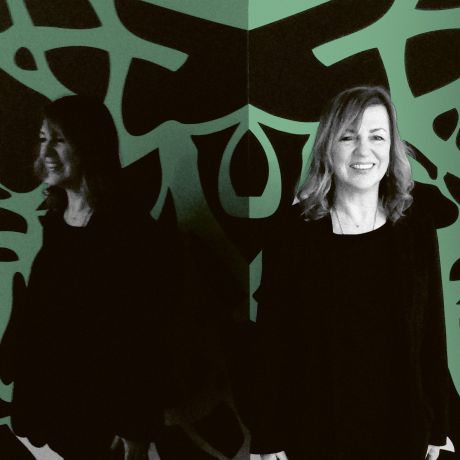
In the smartphone
Brussels mag N°16
Face-à-face
TEXT MARIE HONNAY . PHOTOS Laetizia Bazzoni
She is the co-founder of Théophile & Patachou, a brand of furniture, bed linen and clothing for children with a deliciously vintage name. He is head of Manalys jewellers, inaugurated some 10 years ago, but also of Holemans, the Maison where he learned everything he knows. An interview ‘face-à-face’ with Isabelle Thys and Moïse Mann.
Your professions are very different yet what links them is that they are both connected to the world of dreams.
Moïse Mann In my profession as a jeweller, if the dream did not exist, nothing would be possible. No one needs a piece of jewellery. Everything is associated with the notion of pleasure and the possibility given to me to offer part of this dream to our clients.
Isabelle Thys Our work is very often linked to important moments of our clients’ lives. Although the essential element of my profession is creation, I spend a not insignificant amount of time in our Avenue Louise boutique. I sit at a table together with couples and families in order to listen to them and exchange ideas. All this contributes to building a part of the dream.
M.M. It is not unusual that people enter the boutique and explain to me right from the start that they cannot really afford to buy one of our creations. They simply have the desire to try on an item of jewellery that makes them dream. These are the moments that I really prefer.
Both of you sell to clients the world over. Does that give you the opportunity to travel and, perhaps, to see Brussels from another viewpoint?
I.T. It is quite an achievement to see our products distributed elsewhere. Finding our position in other markets has forced us to understand the expectations of our foreign clients and, when necessary, to adapt our products to match their expectations. It’s true that travel is a source of inspiration. It makes you constantly review your ideas.
M.M. Selling our creations to Russians, Japanese or Americans enables us to design exceptional items of jewellery and be in a state of permanent renewal. Moreover, this is what interests me in my profession. One day, I am in the presence of wealthy clients who are absolutely dazzled when they see the jewellery that I present to them, just like children when they discover a toy for the first time. The next day, I can be having a discussion with miners in Sri Lanka, where I purchase the stones. The diversity of these encounters has made me as a man and as a designer. If these encounters were to cease, I would no long be able to create the dream that I have described to you.
I.T. Passion is at the heart of everything. Our common theme is the desire to continue to differentiate our offer through craftsmanship. Many people are tired of the overconsumption that has dominated the luxury sector for a long time.
Exactly, what has changed in the luxury sector over the past 25 years?
I.T. I must admit that I hate that word. For me, luxury no longer means anything. It is not modern any more. I prefer to talk about craftsmanship. Generally speaking, Belgian craftsmen – and those in Brussels in particular – are much too discreet when it comes to promoting their savoir-faire. This is all the more sad because, at the end of the day, there are only a few independent operators left in the high-end sector. It is therefore important to use all the means available to promote this savoir-faire.
M.M. At the risk of surprising you, many young French candidates are applying for positions as interns at Manalys. They want to perfect their skills in our workshops. This proves that Brussels has an international reputation and that our art de vivre still seduces foreigners.
I.T. It is often said that Brussels is a village. There is a gentle lifestyle in Brussels; everything is more concentrated than elsewhere. The best culture or the best gastronomy is at your fingertips.
Your stores are located on Chaussée de Waterloo and Sablon for Manalys and Avenue Louise for Théophile & Patachou. What does this choice of location prove?
I.T. For us, it does prove something. These are emblematic streets in our capital. They offer us a high degree of visibility for an international clientele passing through Brussels.
M.M. The small follies that we create could not find a better setting than these streets. In my two boutiques, I work with six craftsmen. We invite our clients to come into our workshops to follow the process of the creation of their jewellery. The location is important. The rest is the service and that must be perfect.
Indeed, the world of retail is in the process of changing. In your opinion, what would be the perfect store?
I.T. In Avenue Louise, we have an area of 300 m² that we strive to change and develop regularly; this is very important to us. By modifying the appearance of the shop windows or, as we did a few years ago, by installing a large table in the middle of the store, this a way of facilitating dialogue with our clients and of offering them a new experience.
M.M. Going back to the word ‘luxury’, I would say that everything depends on the significance that one gives to the word. In my opinion, luxury does not necessarily mean expensive. The price of an article is a very relative concept. Certain clients come to the boutique to buy a piece of jewellery, but also to have a dialogue with us. This exchange of views gives us the opportunity to explain to them what it is exactly that justifies the price of certain items that they may consider to be rather high, and to put things back into context. In our profession, listening and dialogue are instinctive. I take the same pains to satisfy a client who has to tighten his belt to purchase an engagement ring costing €1000 as I do for another client who is able to spend 20 times more. What is important to us is that people should not be afraid to push the door open and come into our boutiques.
I.T. We are here to find solutions that meet the needs of every individual client. As Moïse said, proposing an attractive trousseau while respecting the client’s budget is one of the things that makes me happiest in my profession.
What is it that makes for customer loyalty once they have been into your boutiques on at least one occasion?
M.M. We have to give them reasons to return. For example, by organising events, this is another way of initiating a dialogue. If we participate every year in Uptown Design (an event organised in September to present the work of the different Brussels designers in the Avenue Louise district, editor’s note), it is precisely with that purpose in mind.
Are there enough grand events in Brussels in your opinion?
M.M. That’s certain. Art fairs such as Brafa give us the opportunity to meet other artists and develop projects with them. I am thinking in particular about our collaboration with artists such as Jean-Luc Moermans (featuring a line of men’s bracelets inspired by the world of tattoos), or Denis Meyers. In 2017, I made an exclusive piece with him which was sold during a gala held for the Erasmus Hospital. On another occasion, Denis designed a door handle for our boutique. We then had it made in partnership with the Maison Vervloet. These collaborations are a source of inspiration and also a way of encouraging us to push back our limits.
Manalys will be celebrating a 10th anniversary this year and Théophile & Patachou 25 years. Is it time to make an assessment?
I.T. This anniversary makes us aware of the notion of time. 25 years is long enough to have had the pleasure of serving a second generation: the children of our first clients are now becoming parents themselves. I also think about the time that is needed to create beautiful collections, to take care over the finishing and to choose suppliers who will enable us to offer quality products. It is a long process where improvisation has no place.
M.M. It is not always easy to get a client to understand that we cannot supply an engagement ring in three days. In actual fact, I could, but that would go against all the quality standards that I have established for myself.
I.T. And this is the price we pay to be able to continue transmitting our quality values and traditions. My great pride is being able to be a part of our clients’ history, even though it is sometimes regrettable in terms of brand image to have to do it in a very discreet manner.
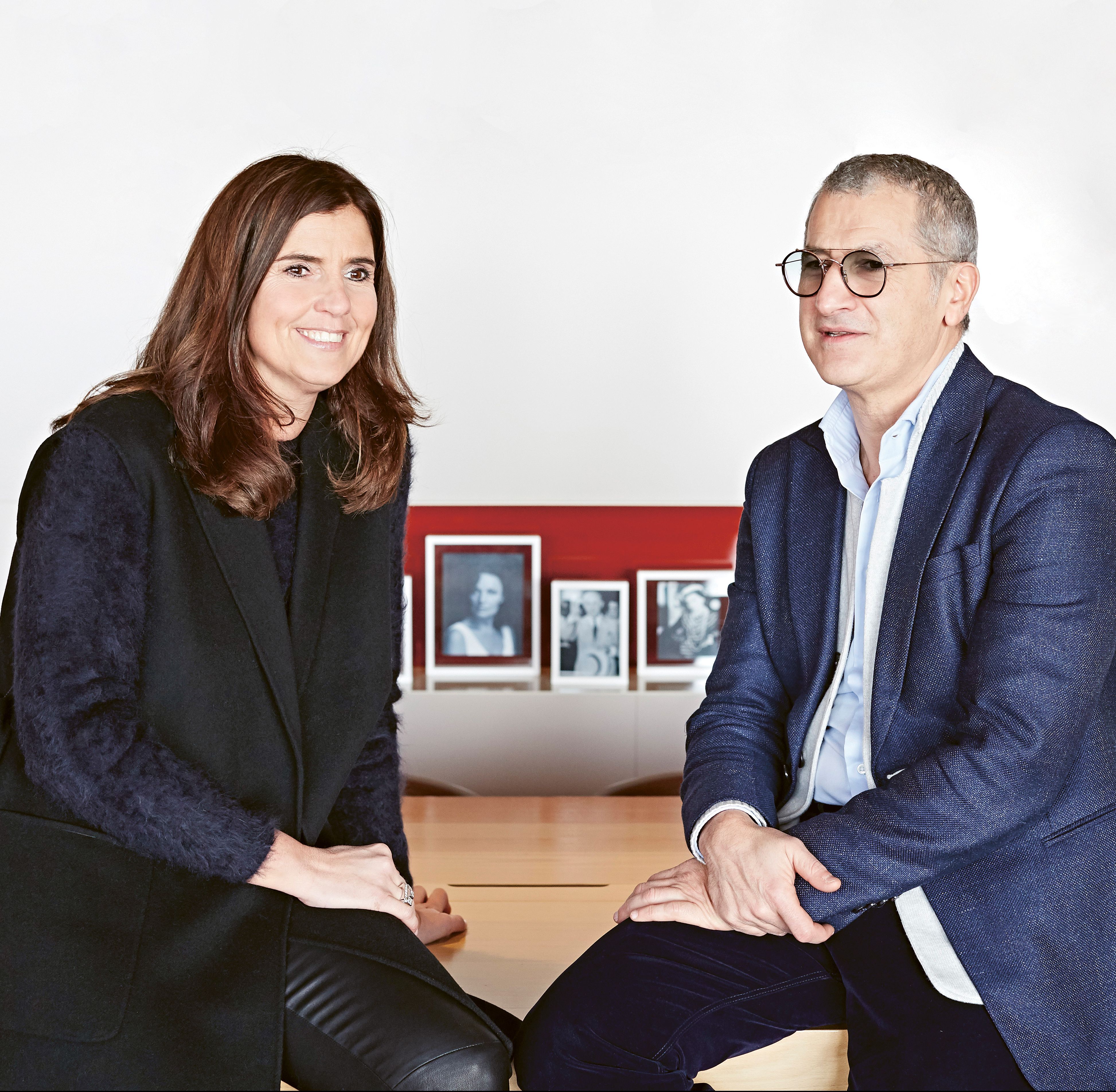
“For me, luxury no longer means anything. It is not modern any more. I prefer to talk about craftsmanship.” - Isabelle Thys

In the smartphone

Portrait
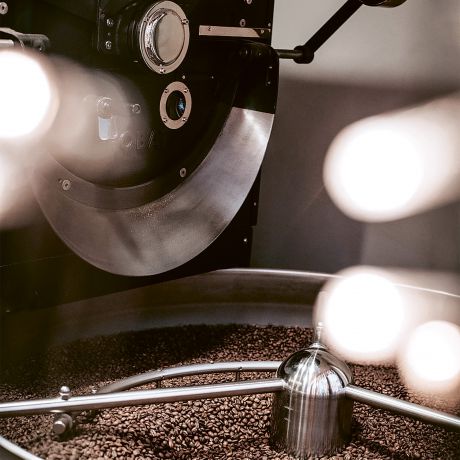
Behind the scenes
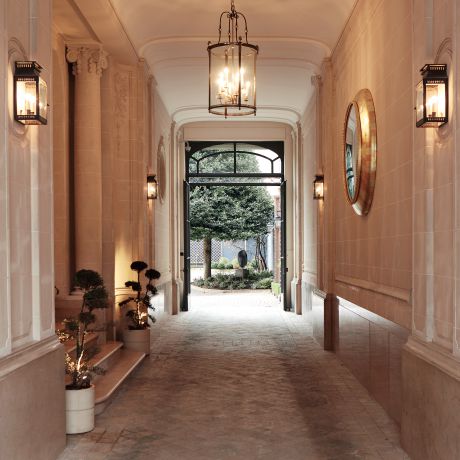
1 establishment, 3 crafts
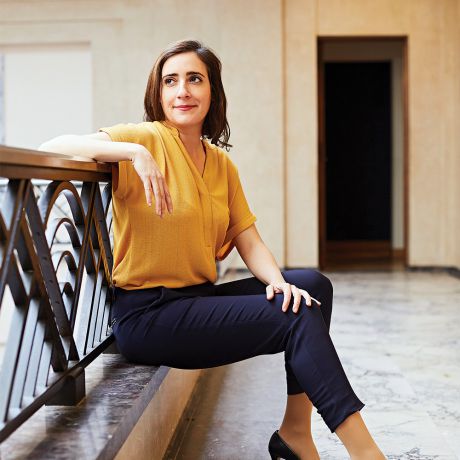
Expat
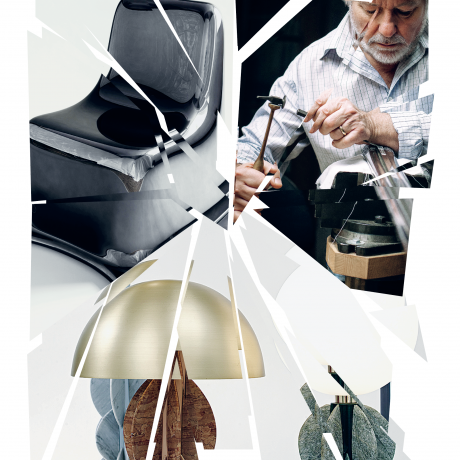
Values
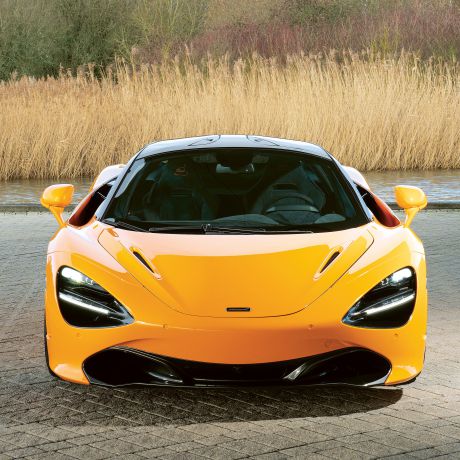
Beautiful racing cars

THE MOST BEAUTIFUL ONES